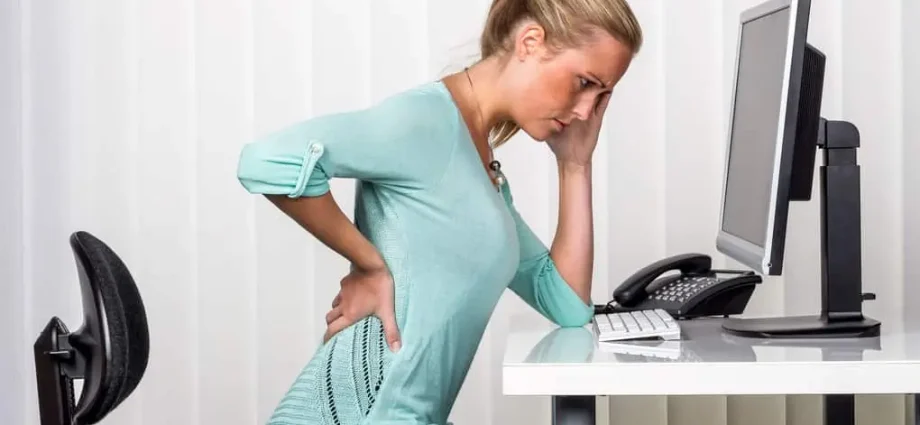Contents
Hemorrhoids are varicose veins of the rectum. For many of us, it is very unexpected to find out that we have such a diagnosis, despite the fact that this disease never appears from scratch. An increase in hemorrhoids occurs due to a malfunction of the valvular apparatus of the venous vessels of the rectum, due to which the blood stagnates in them, gradually damaging their structure. For the formation of this pathology, certain predisposing factors are needed, eliminating which can significantly reduce the risk of venous circulation disorders in the rectal vessels. The 10 main provocateurs of hemorrhoids will be discussed further.
10 Sedentary and sedentary lifestyle
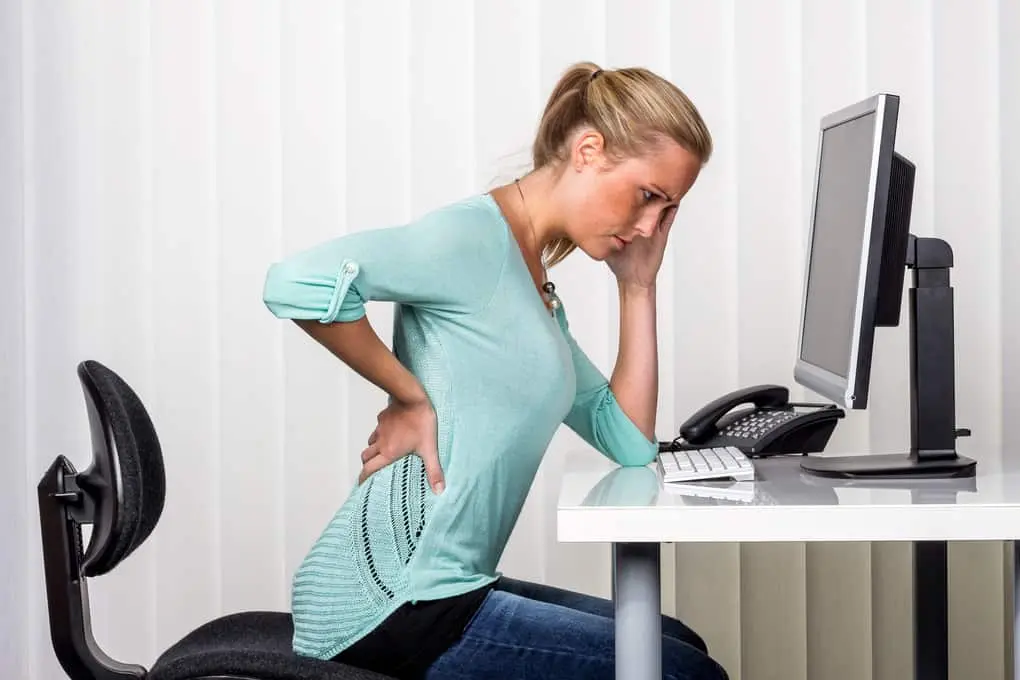
People who lead a sedentary lifestyle, or whose work involves a daily long stay in a sitting position, have every chance of “earning” hemorrhoids. In our time, this problem is very relevant, because with the development of technological progress, human life has become much easier, which means that the need to be mobile has disappeared, unlike our ancestors, for whom physical activity was the main guarantee of survival.
The lack of movement and regular physical activity leads to persistent muscle relaxation, including the muscles of the intestines. Against this background, chronic constipation appears, which in turn is a provoking factor in hemorrhoids.
9. Age
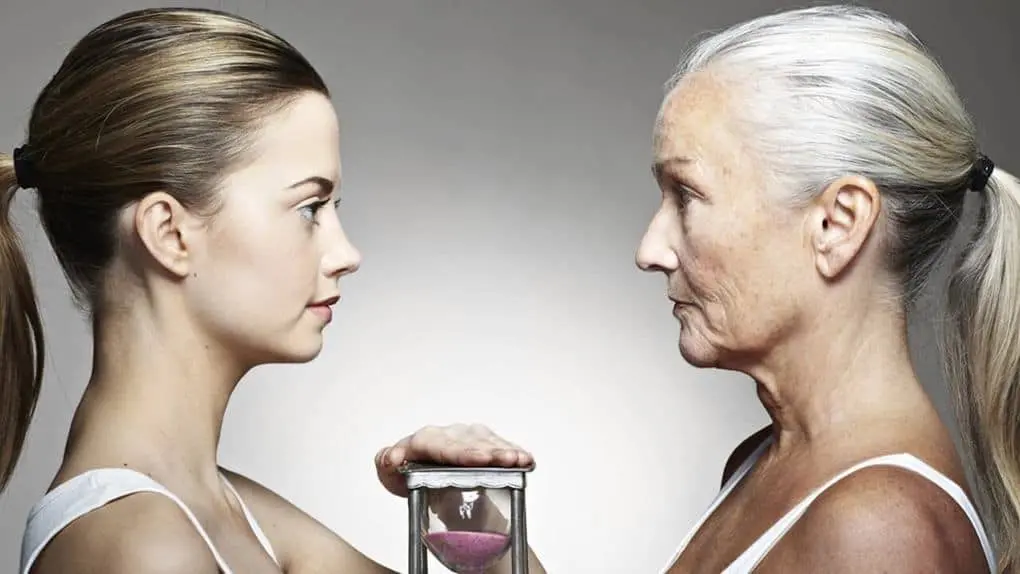
Why are acute and chronic forms of hemorrhoids so often diagnosed in the elderly? The thing is that at this age the human body undergoes certain changes: the walls of blood vessels become more fragile and lose elasticity, disturbances in the work of the cardiovascular and digestive systems appear, the consequences of bad habits and an inactive lifestyle begin to appear. As a result of all of the above, blood stagnates in the inferior vena cava and symptoms of hemorrhoids appear.
8. Genetic predisposition
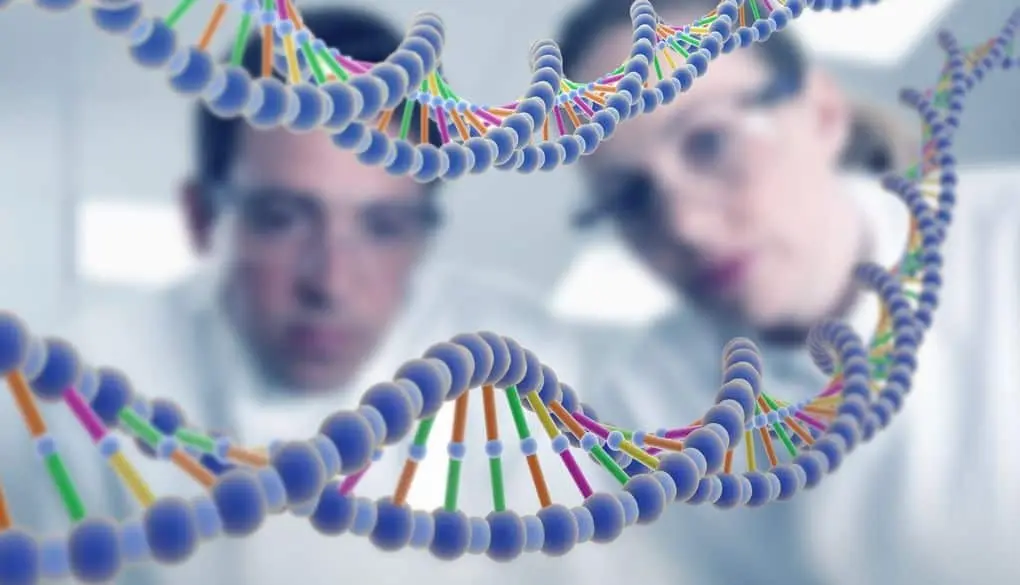
This is one of the main causes of hemorrhoids. In the presence of “bad” heredity, hemorrhoids can occur in the absence of other provoking factors. The fact is that from our parents we inherit not only external signs, but also structural features of blood vessels, muscles and intestines. Therefore, if in your family among close relatives there have been cases of rectal varicose veins, then it is likely that this can happen to you. This can be avoided only if the recommendations regarding diet and physical activity are followed, as well as regular preventive examinations by a specialist.
7. Pregnancy
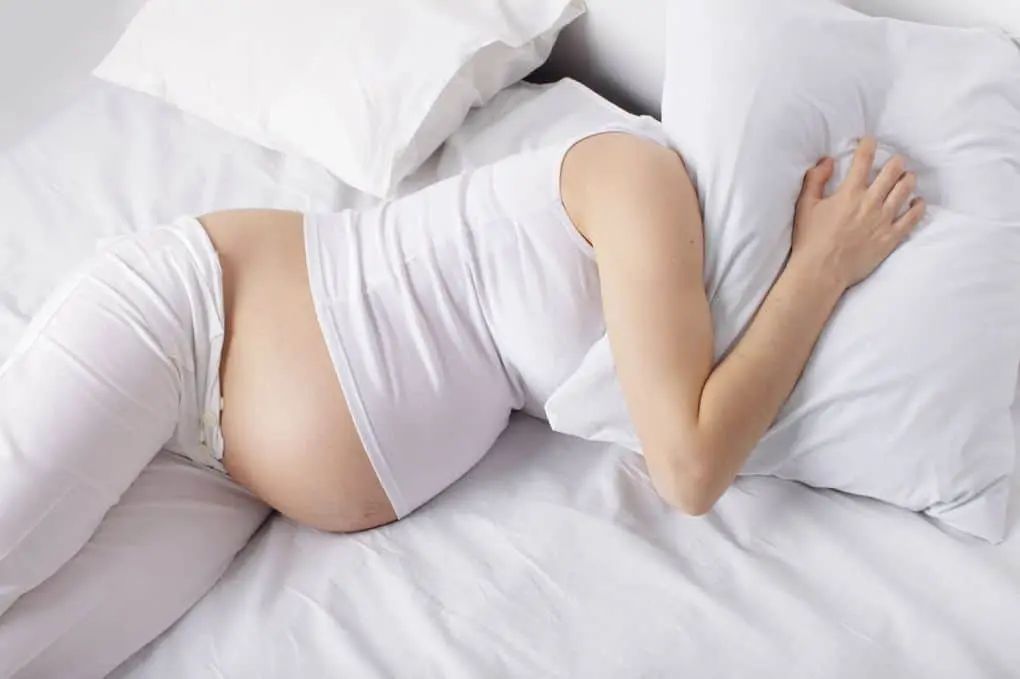
During pregnancy, a woman’s body undergoes a variety of physiological changes. The growing uterus puts pressure on the pelvic organs, including the rectum. Because of this, circulation in the vessels of the perirectal zone may be disturbed. In addition, pregnant women very often suffer from chronic constipation, especially in late gestation, and this is another factor that provokes the appearance of hemorrhoids.
Also, hemorrhoids can appear as a result of strong attempts during the expulsion of the fetus through the birth canal. Therefore, many young mothers suffer from this disease to varying degrees.
6. Hard physical labor
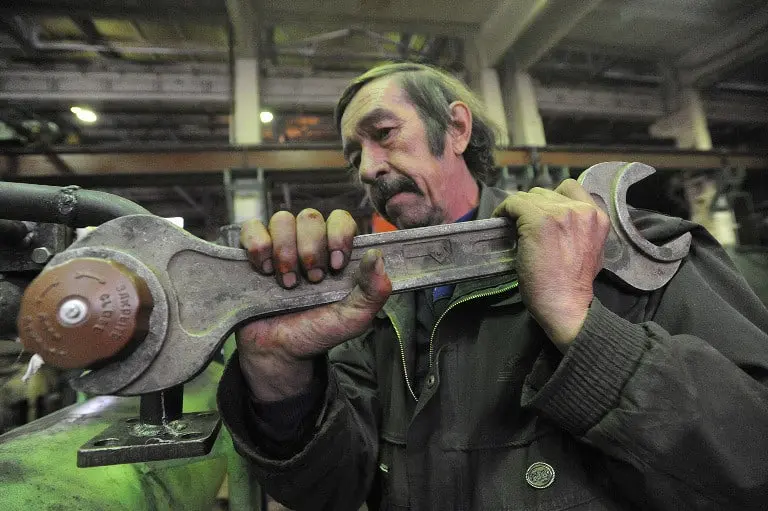
People who, by the nature of their activities, are daily engaged in lifting and moving weights, also run the risk of sooner or later discovering an increase in hemorrhoids. This also applies to professional heavyweight athletes.
5. Diseases of the internal organs
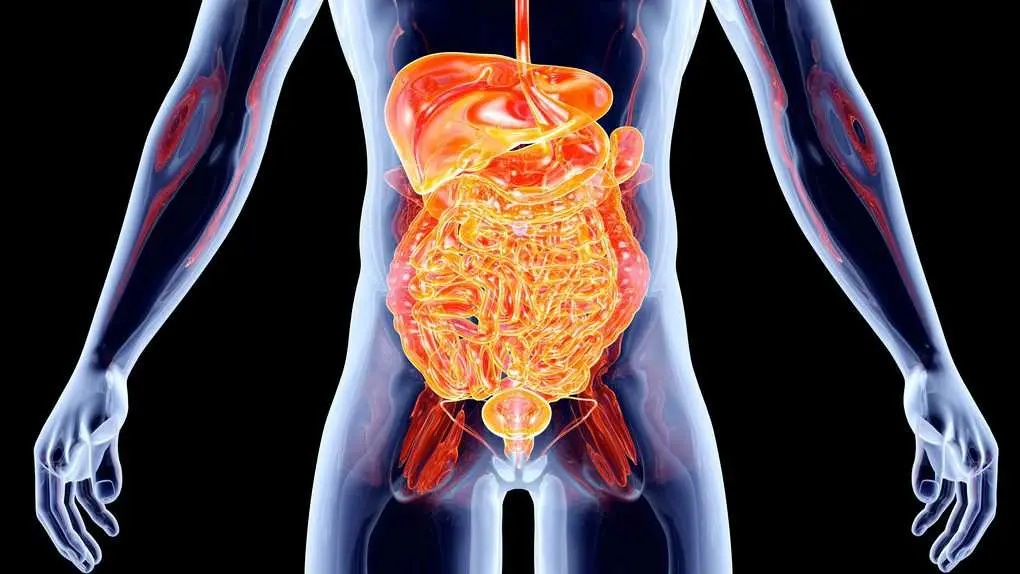
The occurrence of hemorrhoids is associated with some internal diseases. These include: cirrhosis of the liver, ulcerative colitis, varicose veins in the legs, prostate adenoma, neoplasms of the pelvic organs.
In these cases, stagnation of blood in the rectal zone is due to impaired circulation of internal organs and inflammatory processes in the intestine. Hemorrhoids here will be a secondary disease, the elimination of which must begin with the treatment of the underlying ailment.
4. The psychological factor
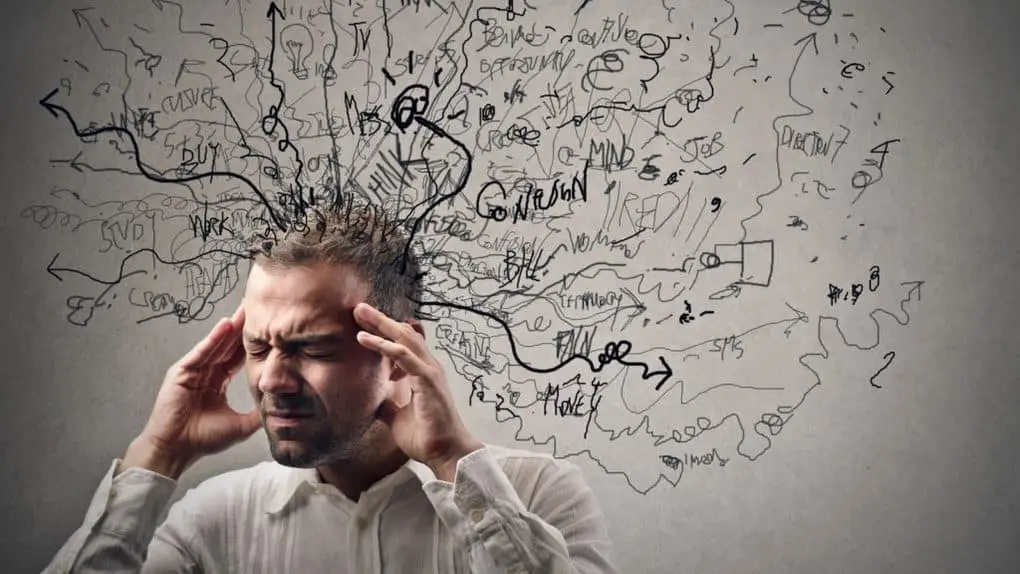
Prolonged stay of a person in a depressed psychological state can also lead to hemorrhoids. Depression in itself is not capable of becoming a direct cause of the development of this disease, but it can force a person to change his lifestyle and provoke the appearance of bad addictions, which, in turn, leads to a violation of blood circulation in the venous vessels of the rectum.
3. Stress

Stress provokes the occurrence of a persistent spasm of the smooth muscle muscles that make up the intestinal wall. Also, chronic emotional stress can lead to metabolic disorders, and this is fraught with constipation.
In addition, not many of us can, while under stress, lead a healthy lifestyle and maintain normal physical activity. The result of this will be the occurrence of congestion and an increase in hemorrhoids.
2. Prolonged sitting on the toilet
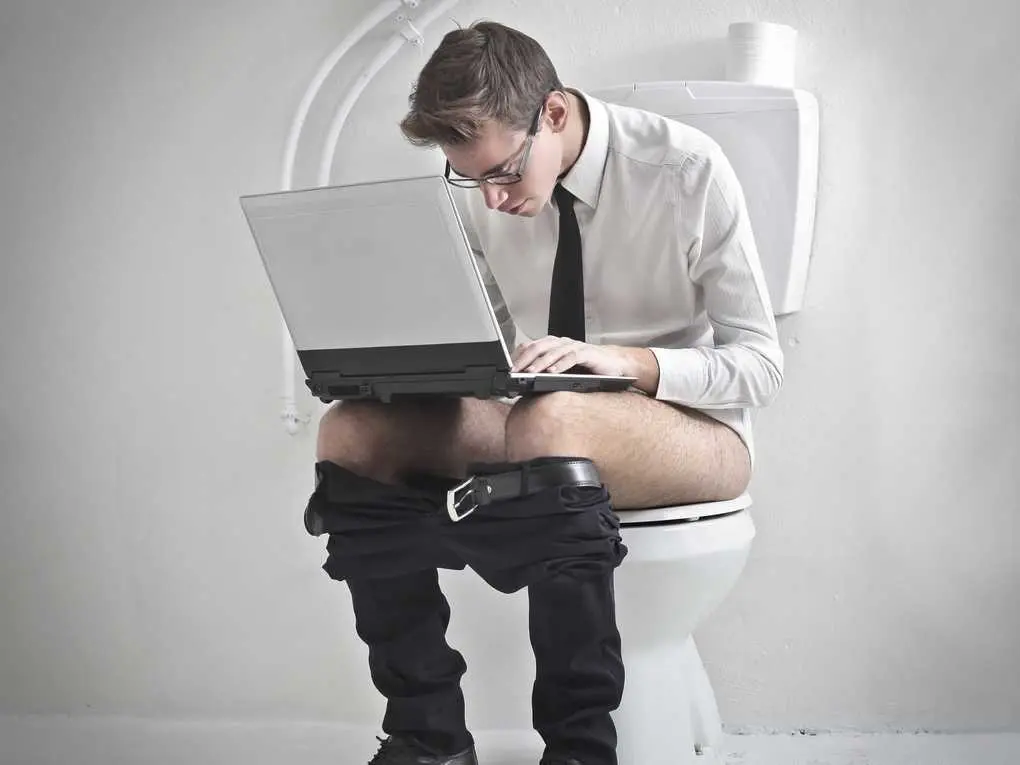
Sitting for hours in the “thinking room” can also sooner or later cause hemorrhoids. Frequent and prolonged straining efforts, characteristic of the act of defecation, contribute to disruption of the valvular apparatus of blood vessels and deformation of the venous walls.
1. Stool disorders
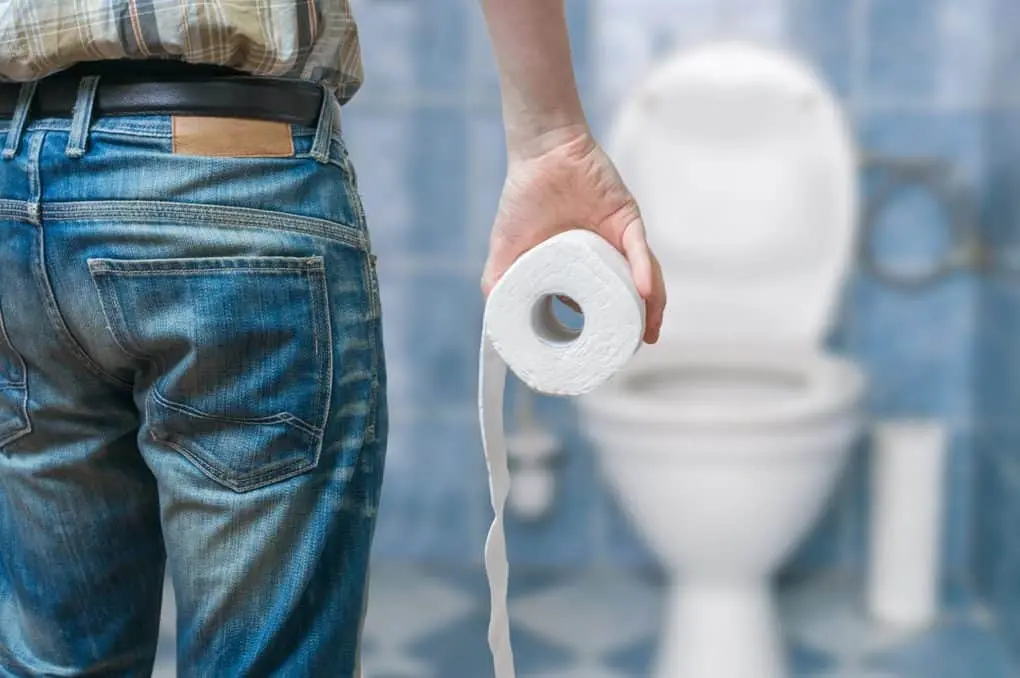
This problem can torment men, women, children, and the elderly. There are not so few reasons for the occurrence of a delay in defecation: malnutrition, a sedentary lifestyle, diseases of the gastrointestinal tract, etc. If the mechanism of excretion of feces from the body is violated, the intestinal walls begin to be squeezed by accumulated feces, because of which the vessels of the small pelvis suffer. Also, during a bowel movement, hard feces can injure hemorrhoids, from which bleeding will periodically occur.










